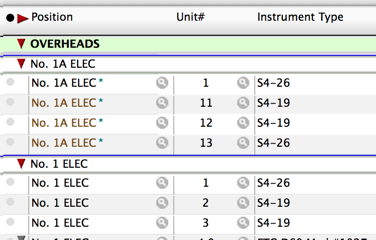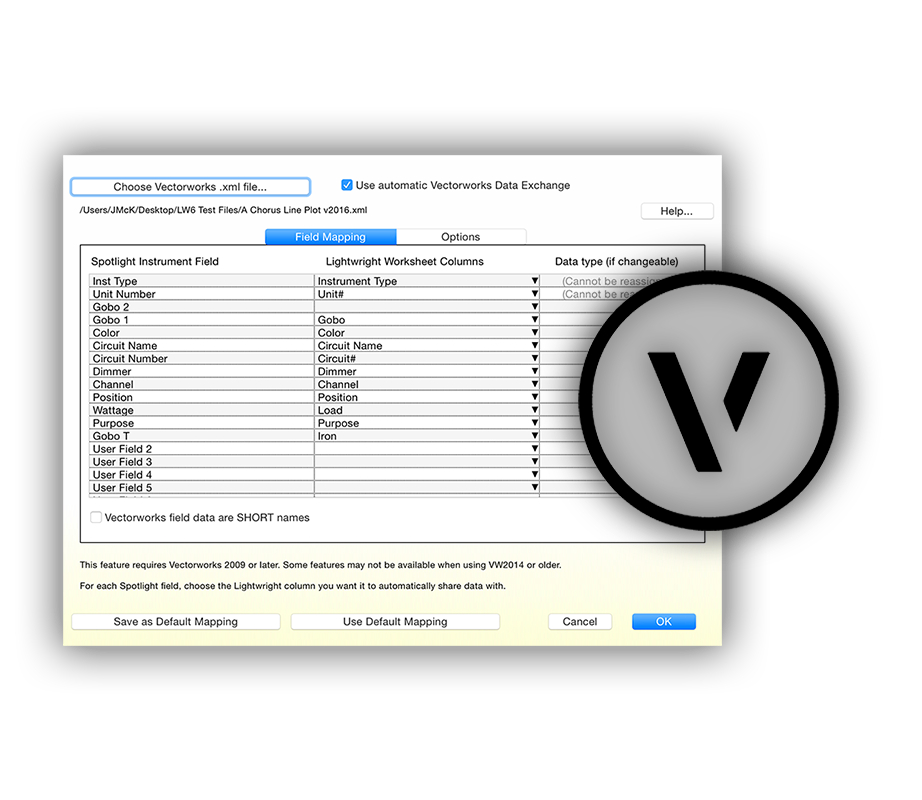


The most important thing is to make sure they are drinking enough to avoid dehydration.

is over 6 months and shows other signs of being unwell - for example, they are floppy and drowsy or you are concerned about them.You should also see or contact your doctor straight away if your child: losing consciousness or having a seizure (sometimes called a 'fit') for the first time.being listless or not responding to your voice.Some symptoms that appear when a child has a raised temperature require urgent attention and you should call triple zero (000) and ask for an ambulance. You don't need to see a doctor if your child is over 3 and is not too sick despite the fever. When should you take a child with a fever to the doctor? Febrile convulsions have no long-term consequences, but you should talk to your doctor about them.ĬHECK YOUR SYMPTOMS - Use the fever Symptom Checker and find out if you need to seek medical help. Most children who have a febrile convulsion won’t ever have another one. They occur in about 1 in every 30 children between the ages of 6 months and 6 years. Febrile convulsionsįebrile convulsions are seizures that happen because of a fever. Sometimes they might become mildly dehydrated if they're losing a lot of fluid from the fever and not replacing it. But the high temperature might make your child feel uncomfortable – they might have chills or shivering when their temperature is rising, and they might sweat when it’s falling. What are the signs and symptoms of fever?įever in itself is rarely harmful. These include adverse reactions to drugs or vaccines, chronic joint inflammation, some tumours and gastrointestinal diseases. There are other, relatively uncommon, causes of fever. You need to see a doctor if you think your child has any of these infections. These include certain ear and throat infections, urinary tract infections, pneumonia and blood infections.

Some infections are caused by bacteria and need treatment with antibiotics. These infections don't last long and usually don't need to be treated. Most of these are caused by viruses, which are responsible for colds, the flu, COVID-19, upper respiratory infections, and the common infectious diseases of childhood. Infections are by far the most common cause of fever in children. Infographic: fever in babies and children What causes fever in children?


 0 kommentar(er)
0 kommentar(er)
